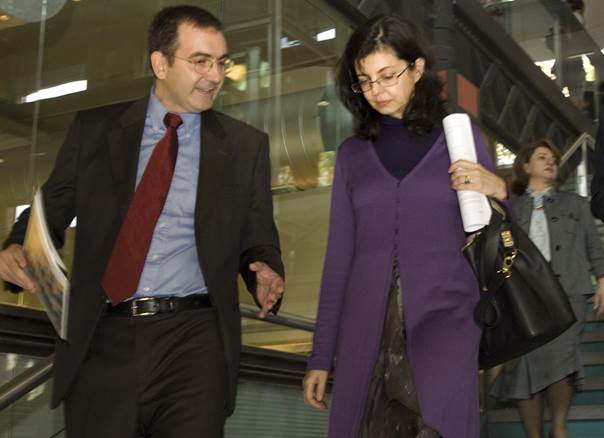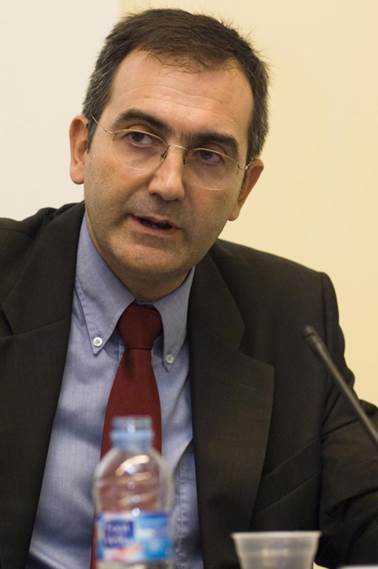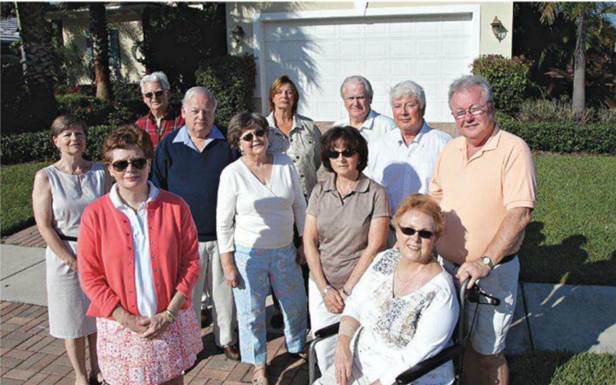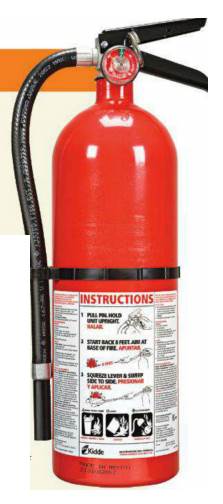Carol Pollack-Nelson, Ph.D., a safety
consultant in Rockville, Md., says she encourages manufacturers to open up. “I
tell them, ‘your customers are your constituents. You should want to do the
right thing.’” She says. “A manufacturer should never rely on the CPSC to get
them to take actions.”

Larry
Latack, director of global product safety for whirlpool: “We tend to be very
conservative and over report to the CPSC”
Whirlpool insists that this attitude
pervades its safety program. “We tend to be very conservative and over report
to the CPSC,” says Latack, the company’s product-safety director. “For everyone
time we do a recall, we’ll probably have 10 reports into the CPSC.”
Latack says appliances must pass
forced-failure testing designed to cover worst-case scenarios. For microwaves,
that means forcing food and paper placed in the unit to catch fire to check
that the flames can’t escape the oven cavity.
Once an appliance goes to market an early
monitoring process is supposed to nip problems in the bud. “The best data we
have is direct contact from consumers to call centers,” Latack says. Customer
service representatives are given a list of words that when used by a customer
should result in the call being transferred to a special safety team.
New technology could help reduce appliance
fires.
“Self-start” is one of the trigger words,
and it has led to units being retrieved and analyzed. Though Latack
acknowledges that a self-staring microwave “is conceivable from a technical
perspective,” he says that “through years of formal risk assessment we have not
been able to verify a single self-start.”

Lattack
responds, “I’d be upset if one of our call persons hear ‘self-star’ and didn’t
transfer the call to our safety team, but we have hundreds of people who work
in our call centers, so I’d be naïve to say it never happens.”
But several Kitchen-Aid microwave owners we
interviewed said they were told by a customer service representative that the
company had never heard of a problem.
Lattack responds, “I’d be upset if one of
our call persons hear ‘self-star’ and didn’t transfer the call to our safety
team, but we have hundreds of people who work in our call centers, so I’d be
naïve to say it never happens.
Underwriters Laboratories, which tests and
certifies appliances and many other products, says it is aware of microwave
self-starting incidents and is investigating possible causes. “It could be
something as simple as a cell phoned turning on a microwave,” says UL safety
director John Drengenberg. “It could also be a manufacturing error in the
control panel, noise coming in on the electrical line, or debris on a component
that’s creating a bridge for an unwanted signal.” Based on the findings, UL
will consider new safety requirements.
Whirlpool has taken some steps, too, while
not linking it to the problem. Its engineers have developed door-monitoring
software that prevents a microwave form turning on if the door has not been
opened in the past 5 minutes.
GE spokeswoman Kim Freeman says the company
has a rigorous safety program and meets UL standards for microwaves. She also
says. “GE has investigated unverified reports of ‘self-star’ and found them to
constitute product quality, not product safty, concerns. Many have been
determined not to be ‘self-starts’ at all.
Making appliances safer
Since our March report, the CPSC has
published a study promoting the use of heat-limiting technologies in
appliances; an industry group is developing standards.

Several
Antilles residents had problems with their microwave ovens.
Consumers Union, the advocacy arm of us,
supports greater disclosure in the investigation of product –safety problems.
It has also joined with other consumer groups in legal action to help protect
the consumer complaint database, SaferProducts.gov. the action seeks to make
public the details of a federal lawsuit brought by an unnamed company that had
a consumer complaint removed from SaferProduct.gov. Consumer Union believers
that the consumer safety database is an essential tool for helping to spot
emerging safety problems and that actions to keep complaints secret hinders
that role.
“When people have the kind of experience we
did, they need to let others know,” says Robert Webster at The Antilles
community. “I’m dumbfounded that this microwave hasn’t been recalled yet. The
least I can do is telling my friends, neighbors, and anyone else who will
listen about it.”
How to protect yourself
If you’re concerned about the safety of an
appliance, you need to have it repaired or replaced. Start by calling the
manufacturer. Be explicit about the safety nature of your problem-and
persistent, too.

How
to protect yourself?
In her 2012 study “Access to Consumer
Remedies in the Squeaky Wheel System,” University of Colorado Law School
associate professor Amy Schmitz found that consumers are often quick to give up
when their initial complaints are ignored. What’s more, “companies also may
hinder consumers’ pursuit of claims by making it very unpleasant or stressful
for consumers to seek redress,” Schmitz wrote.
Steps
you can take
·
If your microwave starts by itself, try to turn
it off by hitting the off/cancel button or opening the door if there is no fire
inside. But if it continues running, close it quickly to avoid microwaves.
·
Know where the unit is plugged in and which
circuit breaker turns off the microwave in case it turns on again.
·
Be on the lookout for unusual error messages on
digital display panels in our FOIA document review, several consumers say their
panel started flashing the code “PAN” or “F2” as the self-starting began.
·
Never use the microwave to store items, such as
food or cooking utensils, since they can increase the risk of fire if the unit
starts up.
·
Keep a multipurpose fire extinguisher accessible
and know how to use it
·
Register your appliance with the manufacturer so
that you can be informed of any service issues or recalls
·
Report any malfunctions to the Consumer
Product Safety Commission at Saferproducts.gov or by going to cpsc.gov or
calling 800-638-2772.